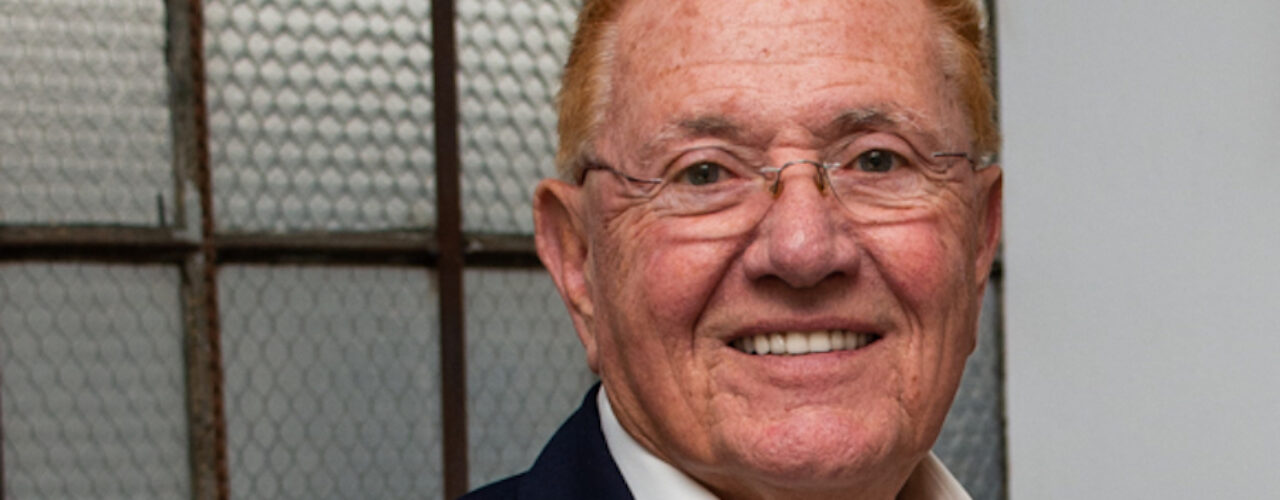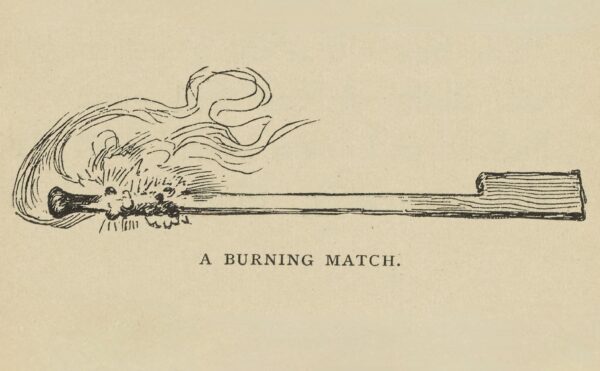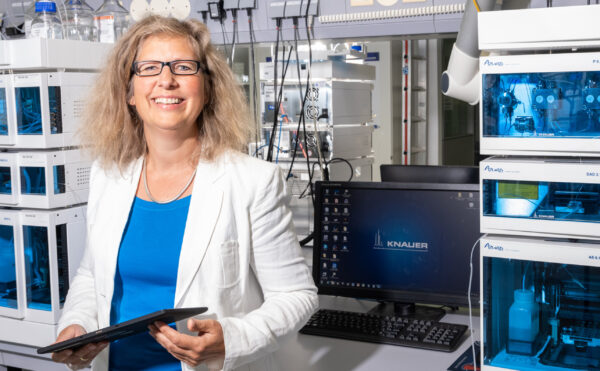
Science History Institute Mourns Death of Philanthropist Roy Eddleman
The Spectrum LifeSciences founder, who died at age 82, is being remembered as someone who ‘lived his best life.’
The Science History Institute joins the scientific community in mourning the loss of Roy T. Eddleman, a passionate science lover and generous philanthropist who was a longtime member of our Board of Overseers. Eddleman passed away peacefully in his sleep on June 11, 2022, at the age of 82.
The Spectrum LifeSciences founder is being fondly remembered across social media for “living his best life” and his “big heart.”
Eddleman’s relationship with the Institute dates back more than two decades and includes a gift of 25 oil paintings, several of which were featured in our Age of Alchemy exhibition and are now part of the Eddleman Collection.
“Roy Eddleman had a love for chemical sciences and fostered the growth of scientific endeavors in an atypical, creative, and entrepreneurial way,” said David Cole, president and CEO of the Science History Institute. “In addition to his philanthropic support of the Institute, he donated a landmark collection of 17th- and 18th-century alchemical paintings to our organization, including works by David Teniers, Thomas Wijck, and Richard Brakenberg. These artworks are a peerless time capsule of early modern viewpoints on alchemy that beautifully articulate the connection of this practice and how it shaped the era of modern chemistry.”
Together with the Fisher Collection—gifted by the estate of Fisher Scientific International founder Chester G. Fisher—Eddleman’s paintings make the Institute home to one of the largest collections of alchemical art in the world.
He also supported such passion programs as 2019’s Rare Earth Elements Project and received the Institute’s 2016 Richard J. Bolte Sr. Award for Supporting Industries.
While a student at the University of California Los Angeles, Eddleman began to indulge his business interests by working at life sciences company CalBiotech. He founded Spectrum Medical Industries (now Spectrum LifeSciences) in 1970 and gained success with the creation of his patented “fleaker,” a combination of the Griffin beaker and the Erlenmeyer flask. He also coauthored a series of patents involving magnetic particle separation for clinical chemistry assays.
In the early years of the AIDS crisis, Eddleman created the Foundation for Educational Research, an all-volunteer organization that raised more than $2 million through its annual Labor Day LA event.
His lifelong commitment to philanthropy and science education continued with the founding of the Eddleman Center for Quantum Innovation at the University of California Santa Barbara in 2020. He also established the Eddleman Quantum Institute with an Eddleman Endowed Fellowship at the University of California Irvine, and the Eddleman Quantum Fund and Eddleman Endowed Fellowship at the California Institute of Technology.
Above: Roy Eddleman is pictured in 2019 at the Institute’s “Rare Earth Elements: The Intersection of Science and Society” event held in Los Angeles. Science History Institute/Teresa Halton
More News
Explore the Explosive History of Fireworks with Institute’s New ‘Flash! Bang! Boom!’ Exhibition Opening April 10
Part of America’s 250th celebrations, visitors will discover the origins of and science behind these universally loved pyrotechnics.
Science History Institute Joins Philadelphia’s 52 Weeks of Firsts Celebration Honoring America’s 250th Birthday
The March 21 event features the Philly-born invention of the first paper match folder.
Science History Institute, Pittsburgh Conference to Present Pittcon Heritage Award to Alexandra Knauer
The CEO and owner of lab instrument manufacturer KNAUER will be honored at the 2026 conference in San Antonio on March 8.



